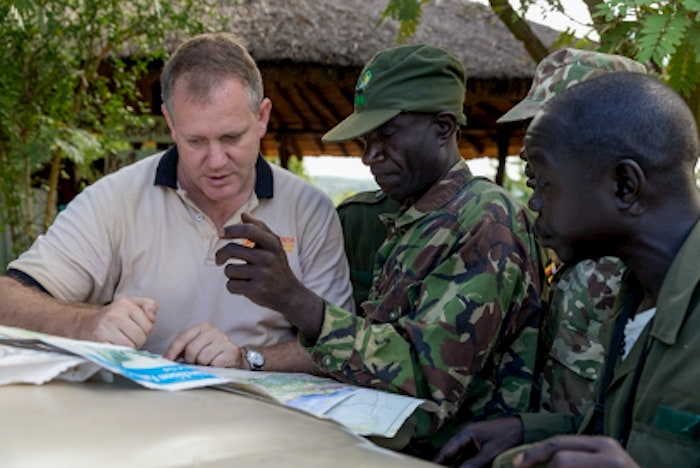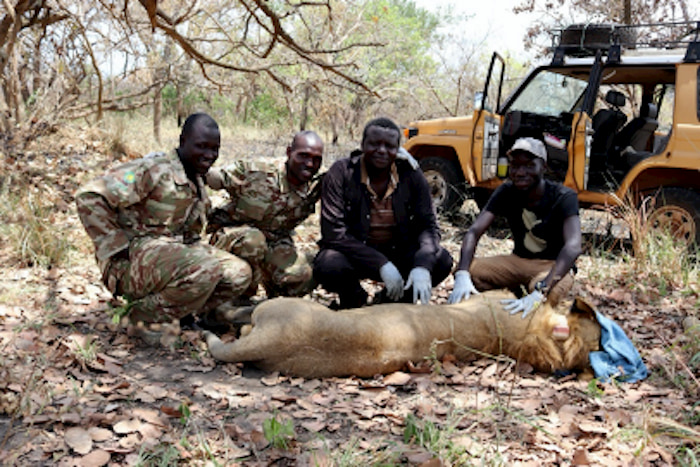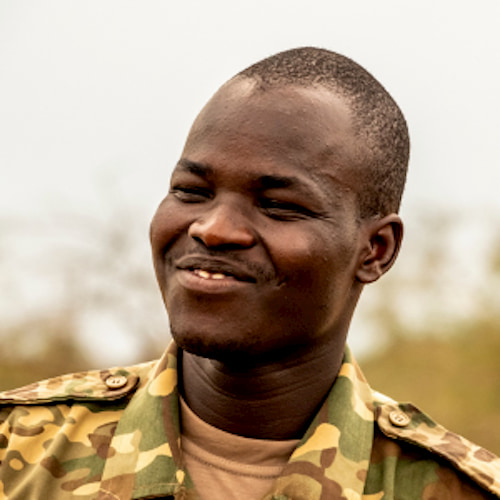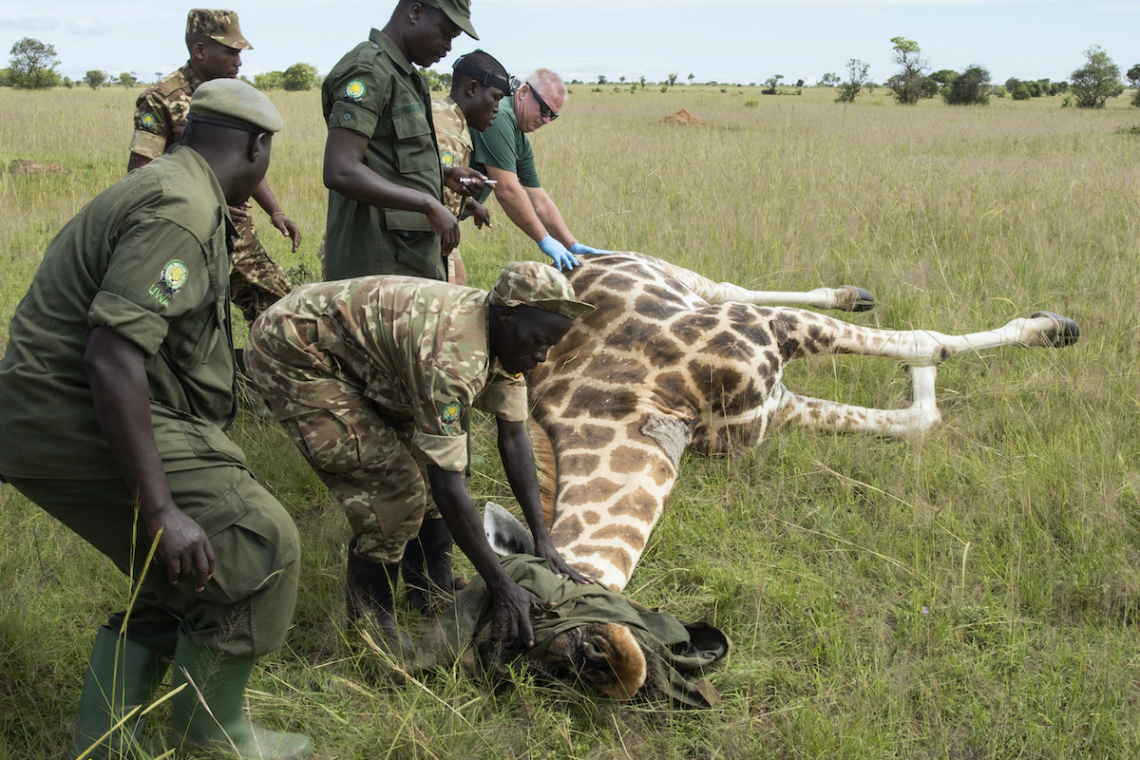Uganda Conservation Foundation (UCF) founder issues stark warning on the future of Uganda’s parks if rangers not given additional support. "In 20 years of working in conservation in East Africa, I have never been more concerned than I am now for the future survival of these extraordinary parks, the wildlife which lives in them and the communities who depend on thriving parks for their livelihoods and survival."
International tourism is vitally important to the survival of Uganda’s national parks which attracts visitors from around the world to see lion, leopard, pangolin, rhino, giraffe, mountain gorillas and chimpanzees. However, Uganda’s parks are faced with a devastating 95% drop in funds due to the halt in tourism caused by Covid-19. This loss of income has had a profound impact on the funding of day to day running costs associated with keeping the rangers patrolling the parks to protect and rescue wildlife.
Make a Difference
You can support the rangers by donating via these links directly to Queen Elizabeth National Park and Murchison Falls National Park:
https://www.justgiving.com/fundraising/murchison-falls-national-park
https://www.justgiving.com/fundraising/queen-elizabeth-national-park

Michael Keigwin with the late Sgt Albert Odar ~ Photo by Nick Wilcox Brown / UCF
Michael Keigwin, the founder of Uganda Conservation Foundation who was awarded an MBE for his services to conservation, said, “In 20 years of working in conservation in East Africa, I have never been more concerned than I am now for the future survival of these extraordinary parks, the wildlife which lives in them and the communities who depend on thriving parks for their livelihoods and survival. Poaching, snaring, and poisonings are rising at an alarming rate, and on a scale, we have never seen before. This is a heart-breaking set back which threatens to wipe out years of recovery and conservation action. The Uganda Wildlife Authority anti-poaching team in Murchison Falls National Park is the one reason why the Nubian giraffe numbers have recovered from 400 to 2000. A huge success, that is now vulnerable.
We desperately need additional funding to keep ranger operations running, simple things like ensuring rangers have food rations for patrols, fuel for the patrol cars, vets have the drugs they need to rescue wild animals trapped in snares and community conservation rangers can protect local communities from elephants eating their crops and lions eating their cattle.”

Charles Tumwesigye, deputy director field operations at the Uganda Wildlife Authority added, “We are grateful to have the opportunity to raise awareness of the work that we are doing on the front line of conservation, and to shine a light on the problems that we are facing due to the economic impacts of the global pandemic. We cannot afford to lose the battle against poaching if we want to preserve our wildlife for the next generation.”
The teams joined 70 other teams from across African protected areas to bring attention to the plight of rangers and their families, supporting whole communities who directly and indirectly rely on tourism and thriving national parks for survival.

Private Inzama ~ Photo by Sherry McKelvie / UCF
Private Inzama, a 23-year-old ranger in Queen Elizabeth National Park commented, “We work in tough conditions, in all weathers, and can often face danger in our day to day work protecting our wildlife from poachers. We hope the Wildlife Ranger Challenge will help to raise money to support the work that we do, so that we can stop poachers before they kill our precious animals.”
You can support the rangers by donating via these links directly to Queen Elizabeth National Park and Murchison Falls National Park:
https://www.justgiving.com/fundraising/murchison-falls-national-park
https://www.justgiving.com/fundraising/queen-elizabeth-national-park
Photos courtesy of UCF


